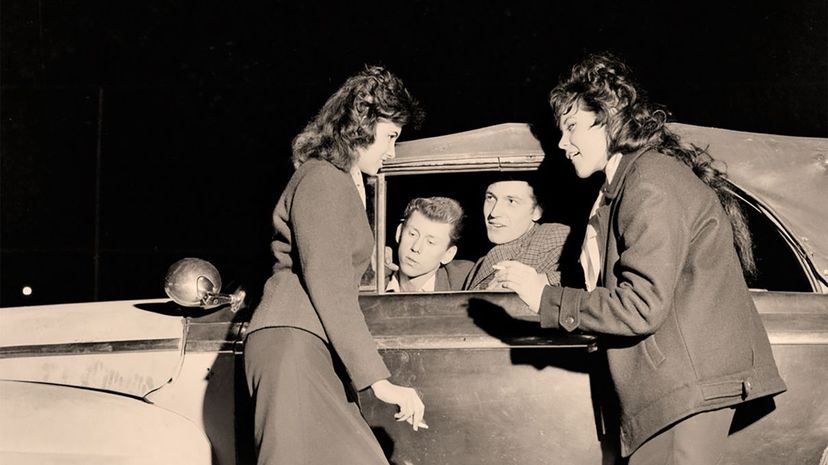
About This Quiz
The 1950s were the first decade in American history when teens took over. They were interested in fashion, cars, music and movies. Pop was a burgeoning culture that caught everyone's attention. The idealistic suburban lifestyle gave children more free time, which led to more hanging out. From this era, slang developed a mind of its own and transformed language for every socio-economic background. Teen movies showed us that we didn't have to use the "correct" terms for things around us, and music used code to describe things parents of the decade wouldn't approve of.
If you grew up in the '50s, you'll probably recognize the majority of these terms right off the bat, but if you're simply a fan or scholar of the decade, we've probably found a few terms that might trip you up. Do you think you have what it takes to pass this quiz? We're going to see if you know what the teenagers were really saying during the time when the word "teenager" was new, fresh and gaining attention. Scroll down to see if you can dig any of these terms from over 65 years ago.
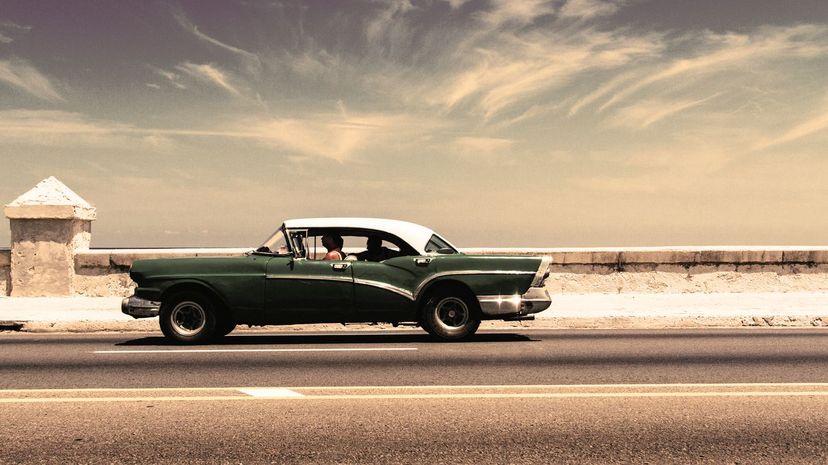
The word cherry evolved over the 1950s and '60s. However, in 1954, a cherry car meant that it was unaltered, original and ready to get upgraded. It later turned into anything that was attractive or sleek.
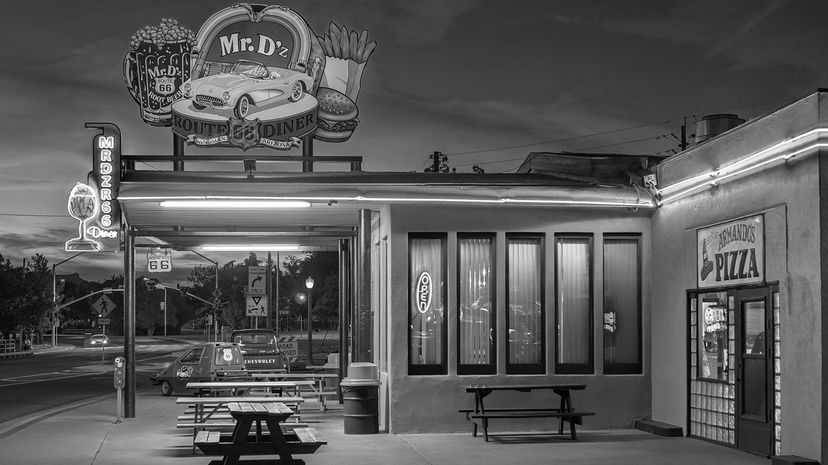
In general, poopers described people rather than things. If the person isn't fun, they're a pooper. If they weren't fun during a time when everyone else was fun, they were considered the party pooper.
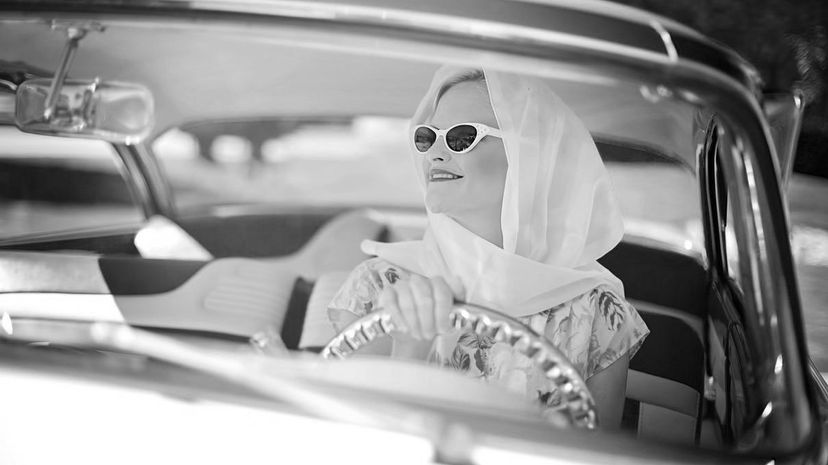
"That party sure was gangbusters!" was an exclamation that could be heard through high school halls on Monday mornings ... but only if you were a Frat who was cool enough to get invited.
Advertisement

Though the skirts were long and the sweaters were wool, cheerleaders in the 1950s were as athletic as the cheerleaders of today. They were known as paper shakers based on their pom-poms.
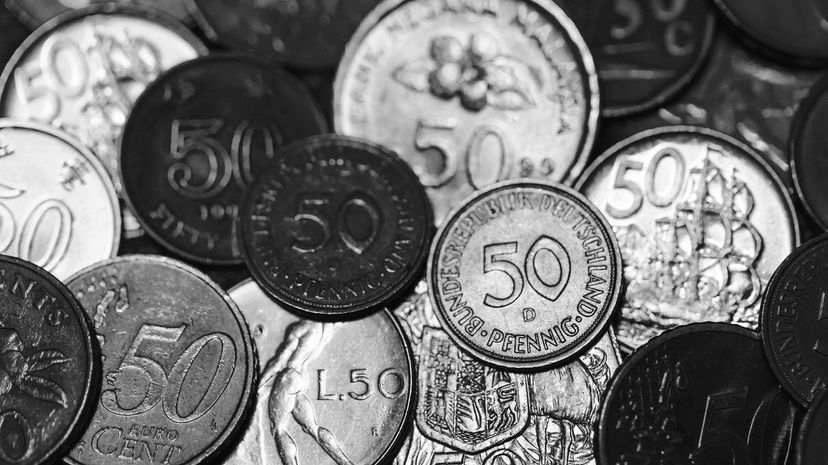
Bread, dough and bucks were all terms for money in the 1950s. Though there are dozens more, you would mostly hear it called bread. It derived from the thought that it was needed to live.
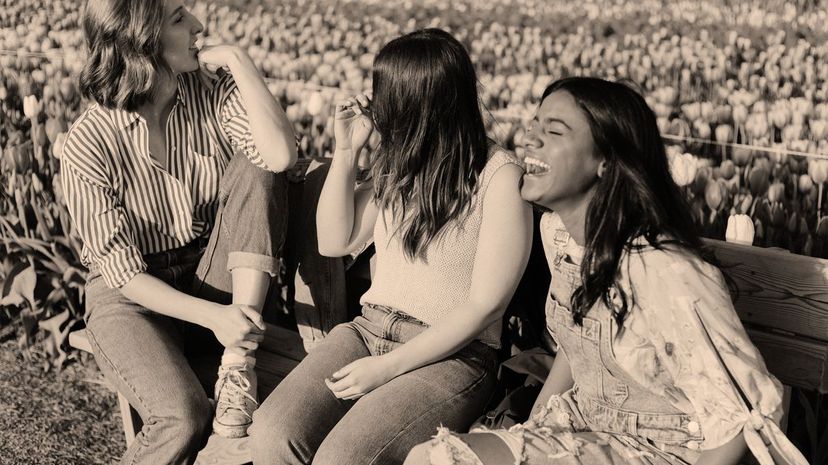
There are some terms that lasted forever and some that made a comeback. Though the term "hang" is used a little bit differently these days, it still means the same thing. If you want to hang, you'll be hanging out.
Advertisement
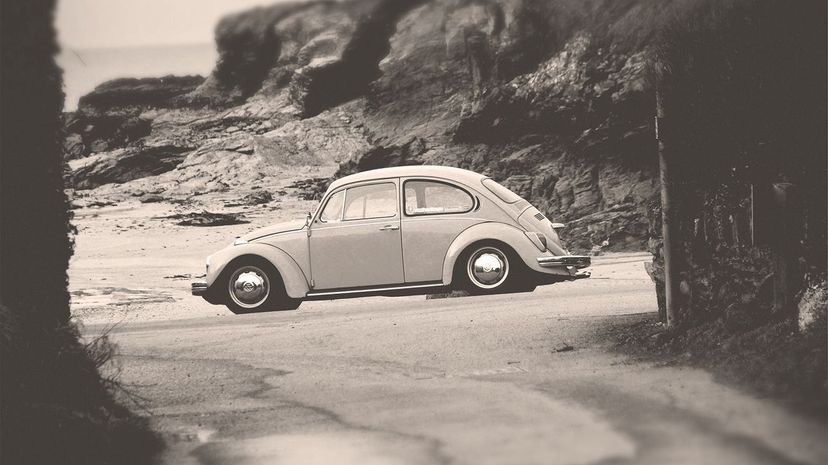
In the age of the teenager, it was perfectly acceptable for a couple to make out in a car in the middle of nowhere. This was during a time when privacy was limited for teens, and they often used their cars for private time.
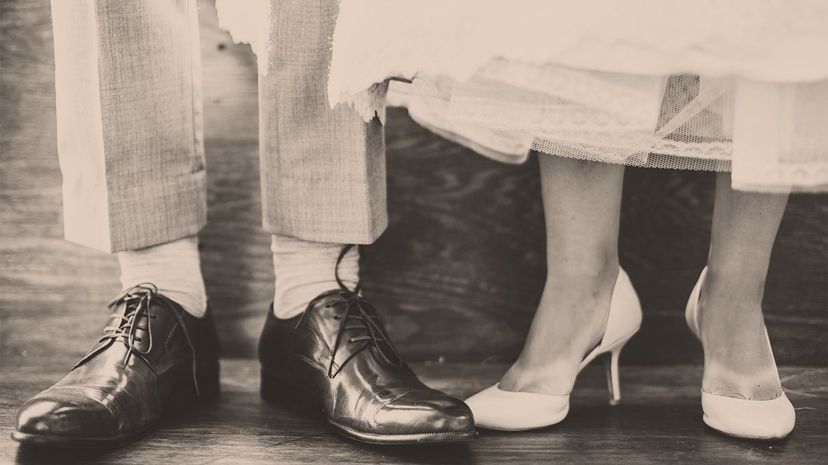
The slang term for clothes in the 1950s was threads. It didn't take much creativity, but it was just enough of a term to catch on. All fabric is made out of thread and all clothes are made out of fabric. It makes sense.
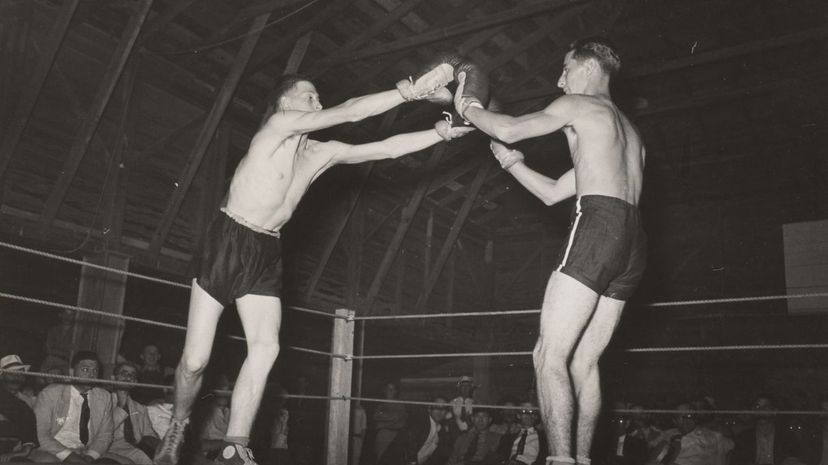
Gang rumbles were not uncommon in 1954, although the usage of "gang" was a little different. Most groups of friends considered themselves gangs. This didn't make their rumbles any less intense, though.
Advertisement
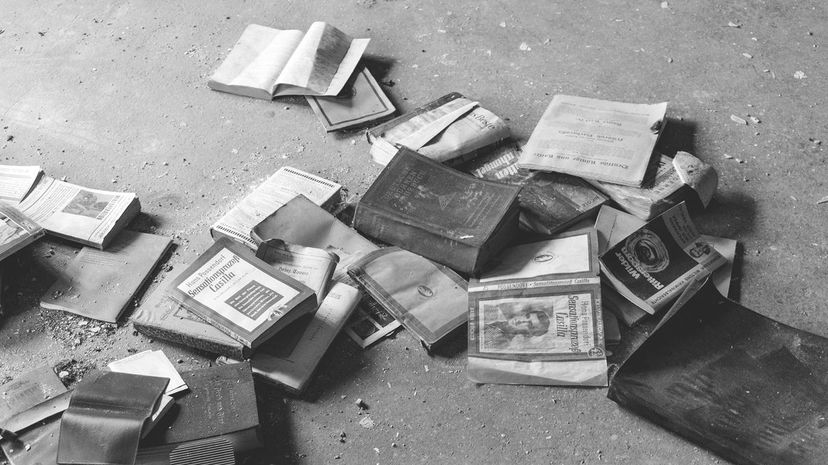
Being a spaz wasn't fun in the 1950s. Bullies were out and about at every corner, and if someone saw you drop your books and trip, the first response might be to laugh rather than help you pick stuff up.
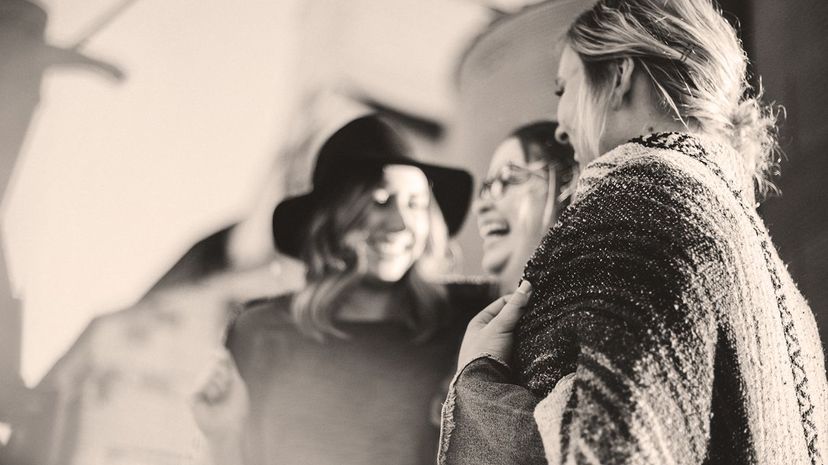
You may have heard the phrase "I got a tickle out of it," to describe something that makes you laugh. However, if someone or something was funny, it was considered a big tickle, making it really funny.
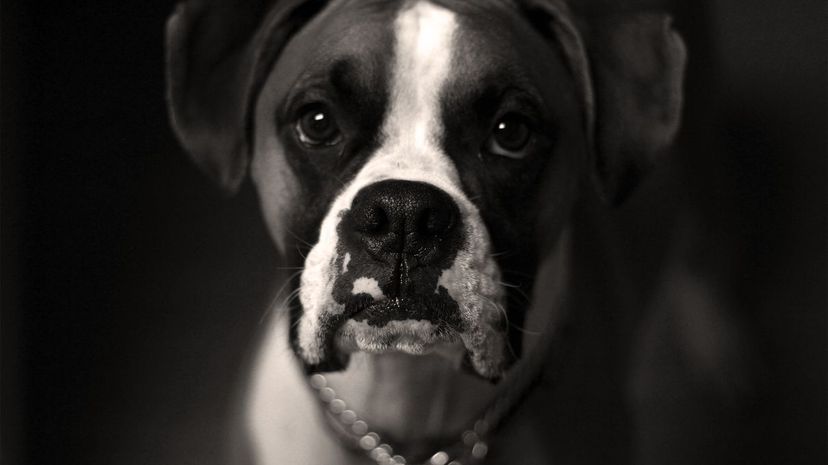
Dating was extremely popular among teens in the '50s. When someone tried to get your girl to leave you, they were considered a bird dog. This term usually shunned members from a group.
Advertisement
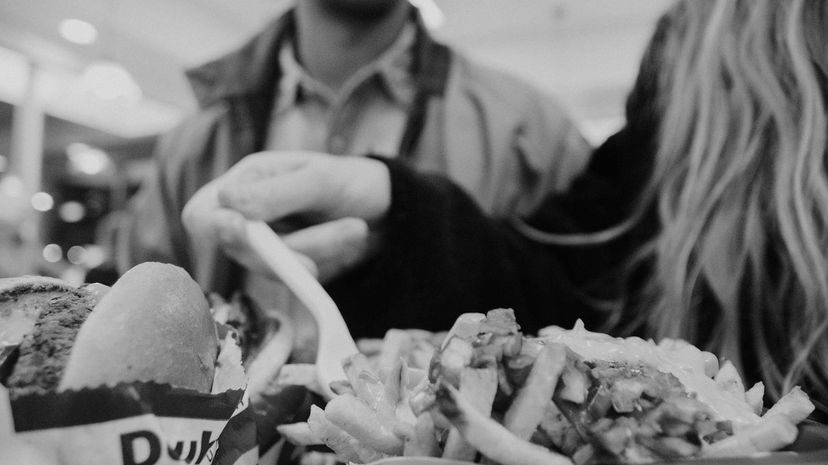
The trend of betting your car on a race was a common activity in the 1950s. While cars only cost under $2,000 back then, it was still a big risk to give up your vehicle for some pride.
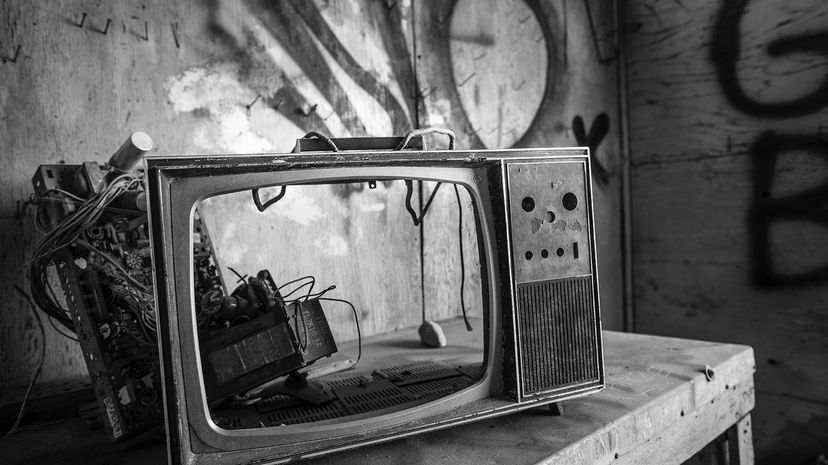
While a lot of the slang terms from the 1950s are about cars, this one was a little different. If a car was jacked up in 1954, it had a raised rear end. It was mostly use for those who were into hot rods.
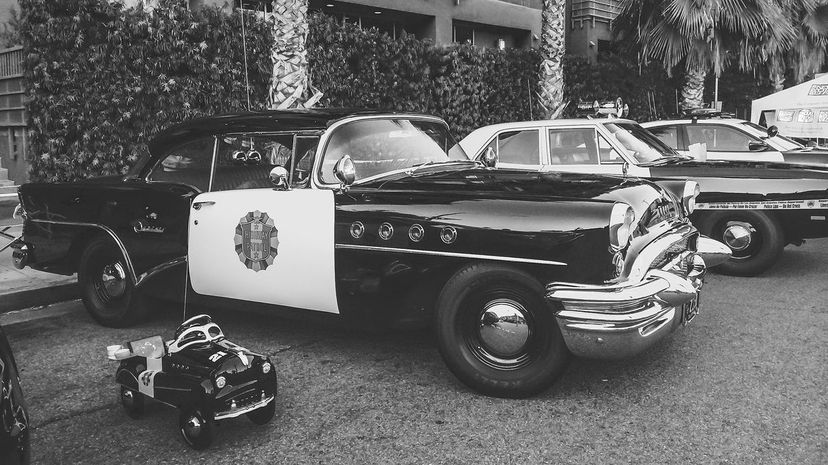
The heat generally referred to beat cops walking the streets. In the 1950s, it was a code term to help kids warn each other when a police officer was coming by ... you know, in case they were doing something naughty.
Advertisement
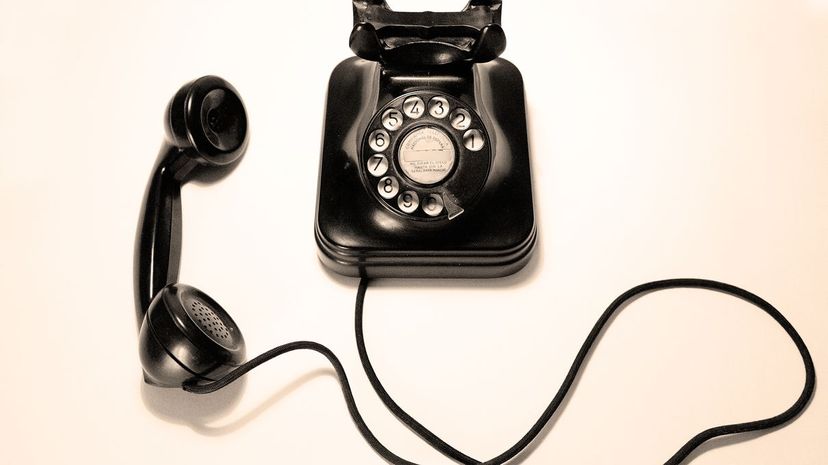
Gossip was a major factor in social structure back in the '50s. If you were looking for a juicy story, you might go to your friend and ask for all the details. They'd respond with, "I'll clue you."
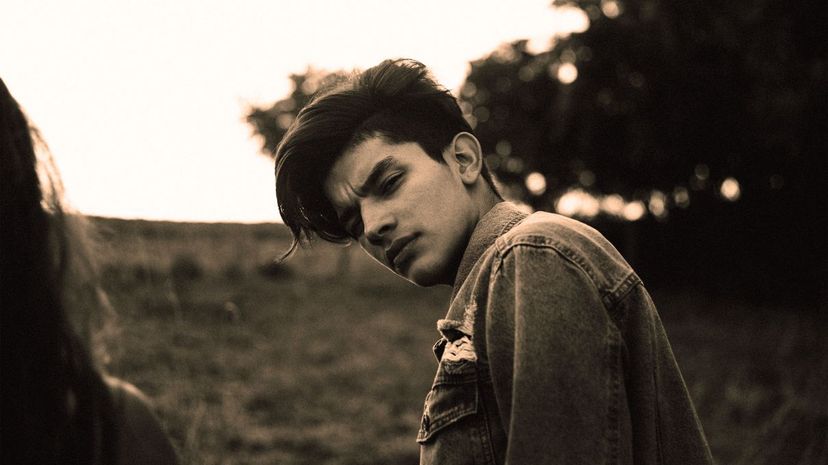
Jelly rolls were a common fashion statement made by greasers in the '50s. They were usually covered in oil and grease to keep them in place, giving them a shiny look, like a jelly roll.
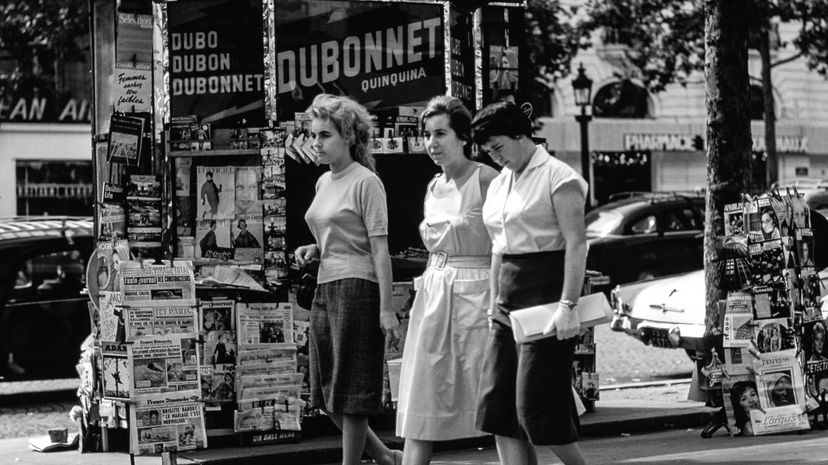
Although Walt Disney full-length animated features were at the top of their game in the 1950s, teenagers were simply too cool to acknowledge it. That is why if someone wasn't cool, it was totally Mickey Mouse.
Advertisement
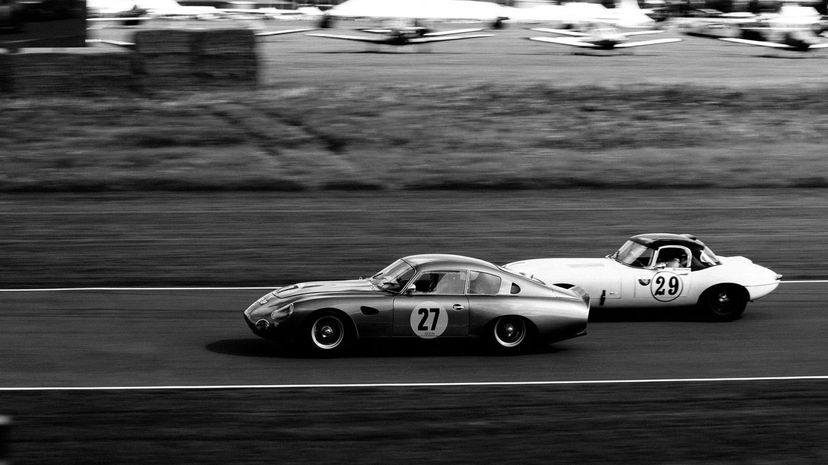
These days, if you kill something it means that you did a really good job and met your goal. However, killing something in the '50s meant that you really impressed someone, whether you were trying to or not.
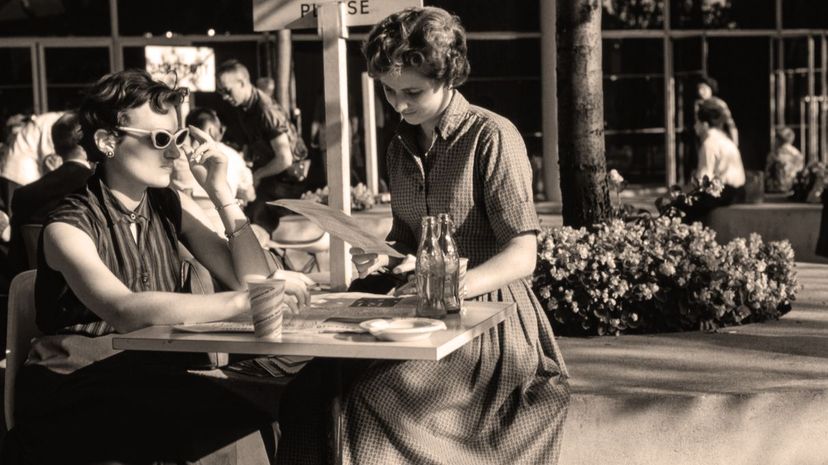
Being the most is a term that defines it all. If you were interested in dating someone, you'd probably say that that person is the most. They're the most beautiful, smart, funny or whatever adjective you'd want to use.
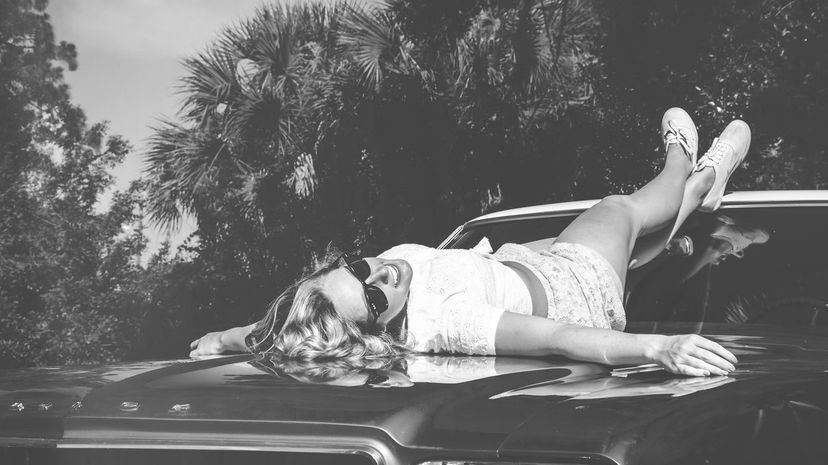
A lighter was a specific hair cut in 1954. It was a simple crew cut, which was in style for preppy boys (or squares) who focused more on sports and education than cars and work. It wasn't often that a hairstyle was complimented among men back then.
Advertisement
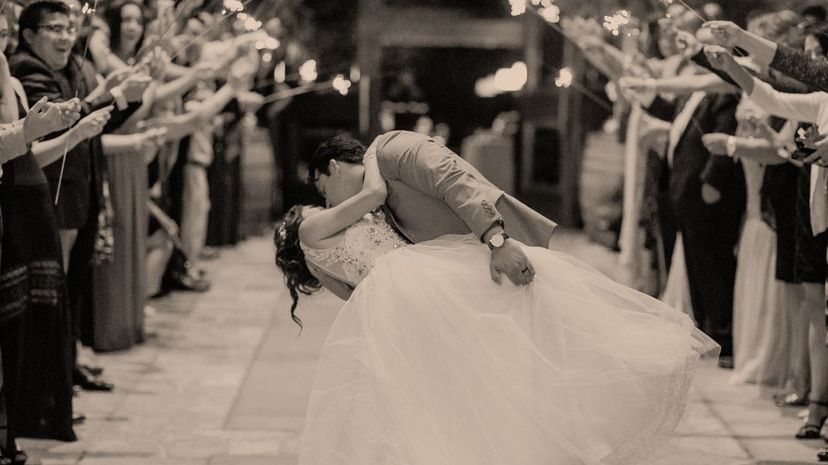
Coming from the fact that those who were married had rings on their fingers, to be circled meant that people were married. This was a great code word for women who didn't want to jinx their chances with their steadies.
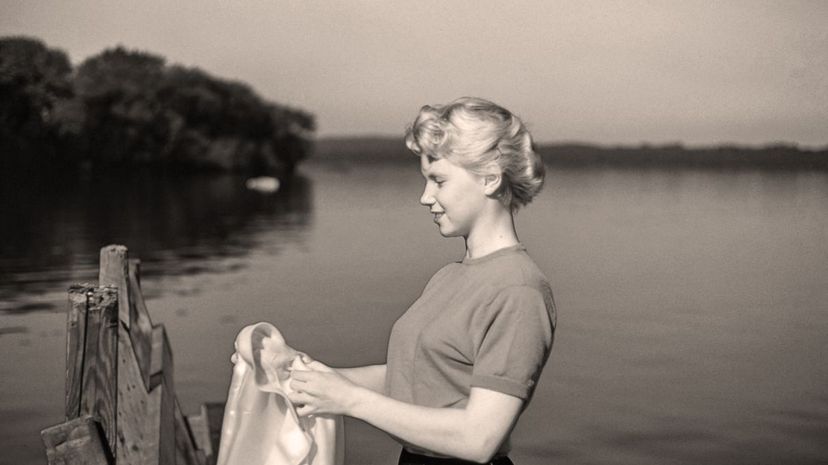
There were a lot of terms used in 1954 that we wouldn't necessarily use today. To call someone a dolly meant that she was a cute girl. Though this term could be used for babies and children, it was also used among teens.

Looks meant a lot to teens back in the '50s (which isn't much different from today.) If someone was described as a dreamboat, they were thought of as the standard of cuteness to teens back then.
Advertisement
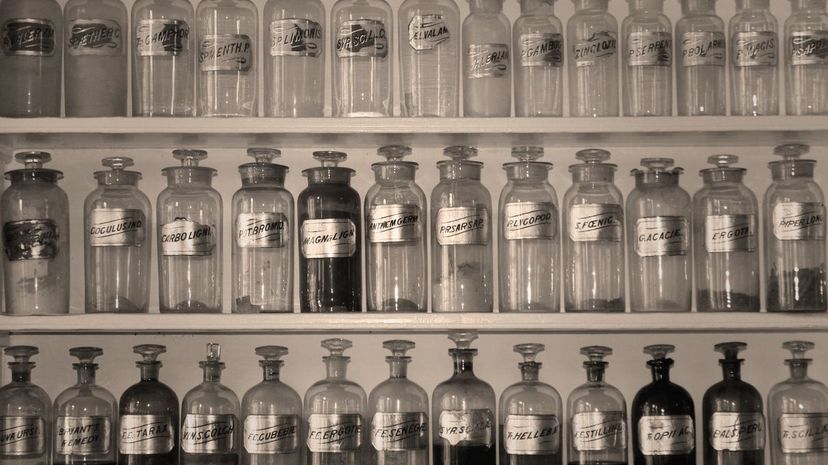
Saying that someone was on pills meant that they were on a diet. This term originated with the growth of the dietary supplement industry as well as the designer diet pills that doctors prescribed.
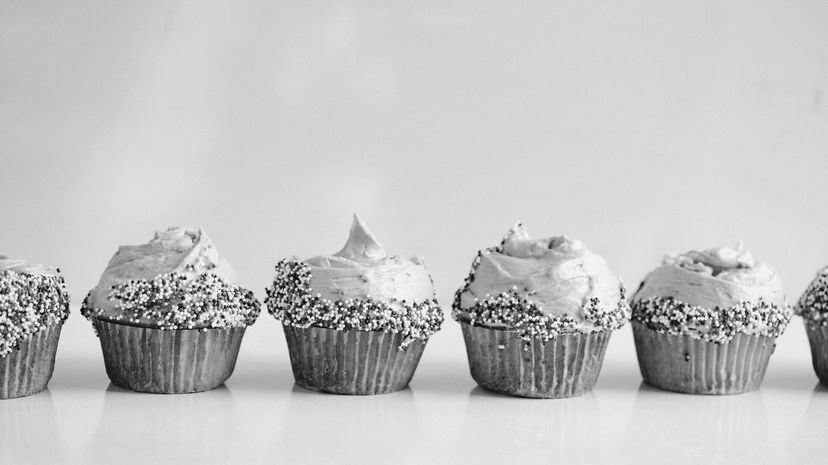
Over the decades, the best way to call someone angry changed quite a bit. These days, if you're angry, you're heated. In the '50s, it was the opposite. In 1954, you didn't want to get frosted around your girlfriend. She might get offended.
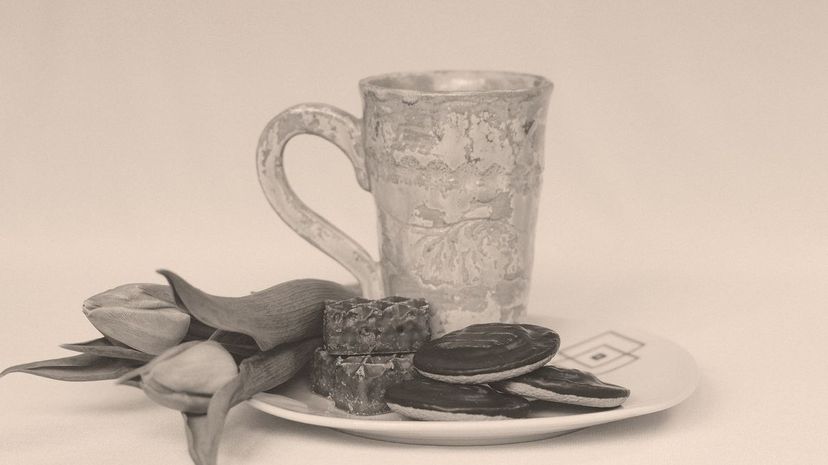
Another way to say "I'm on a trip for biscuits" was "I'm up the creek without a paddle." You could hear it used when someone was telling the story of how they lost a race or if their car was broken down.
Advertisement
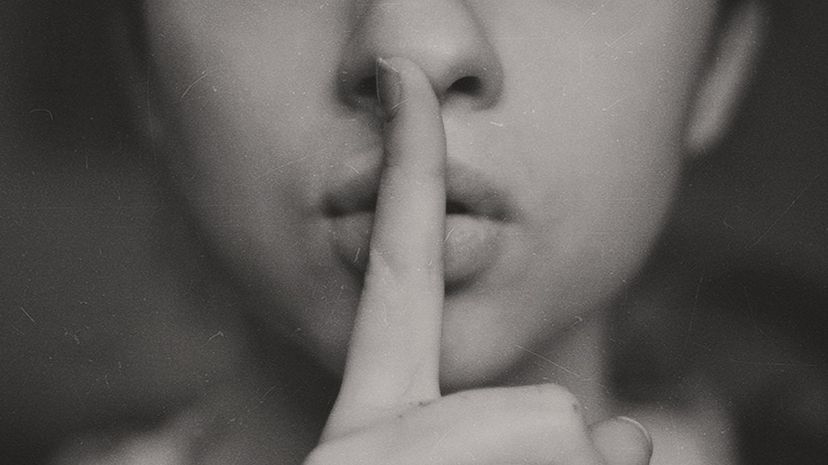
Much like today's "pump the brakes," a teen saying "cut the gas" to someone showed that you clearly wanted them to stop talking. It worked on the automotive level and the gas bag level.
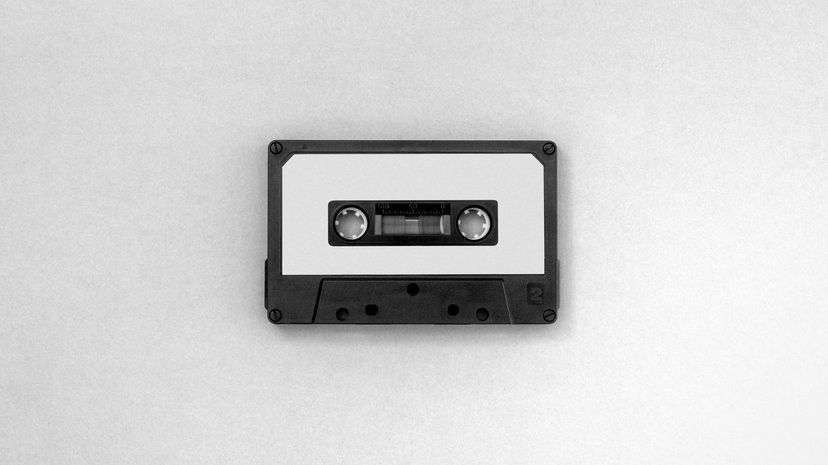
When you're being a downer, you drag people down. This is why most people said, "Don't be a drag" to those who seemed miserable while everyone else was having fun. It was also used to call out people for not doing fun things that were illegal or dangerous.
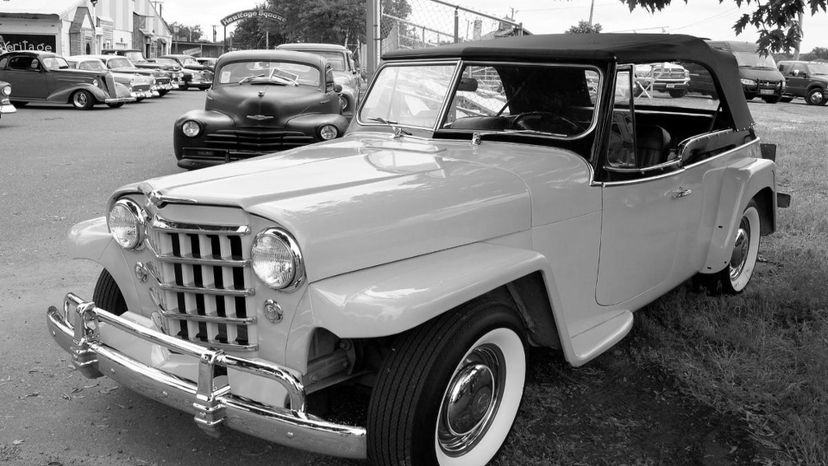
Frats were the in or popular people in the 1950s. Many different types of teens used this term to say that someone was a part of their group. It simply meant that the person was a part of the brotherhood that was created by a certain clique.
Advertisement

Fream was the precursor to a freak. They were considered social outcasts or misfits. It was another term used to bully people, and it took years for social acceptance of people who didn't quite fit into a clique.
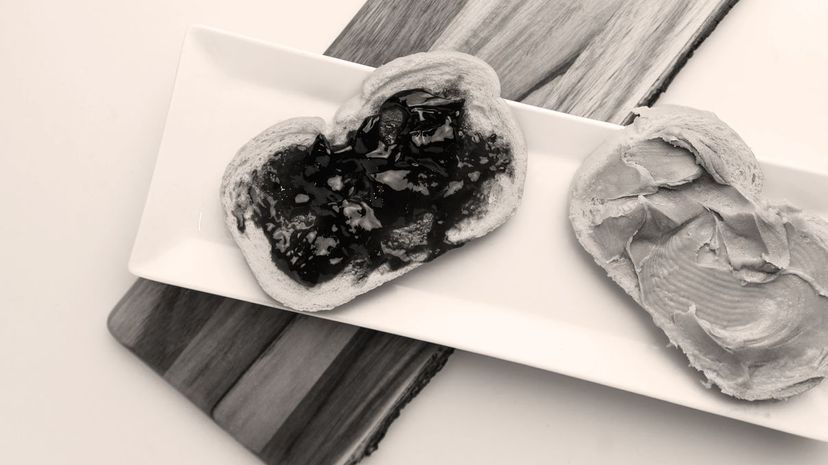
"You're spreading the apple butter pretty thick these days," would be something you say to someone who is trying to smooth talk their way into something. If you catch them doing it, you might have an opportunity to call them out like this.
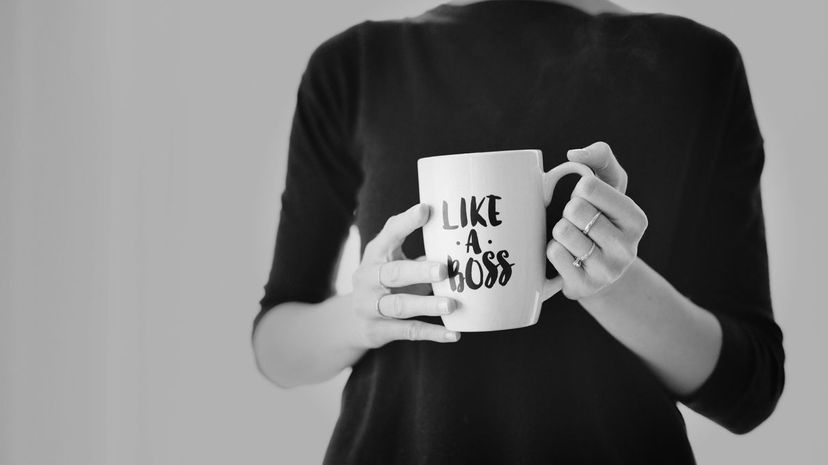
That is so boss! This term was used to describe everything from cars to music to people (sometimes) in 1954. Telling a musician that his sounds were so boss was the ultimate compliment back then.
Advertisement
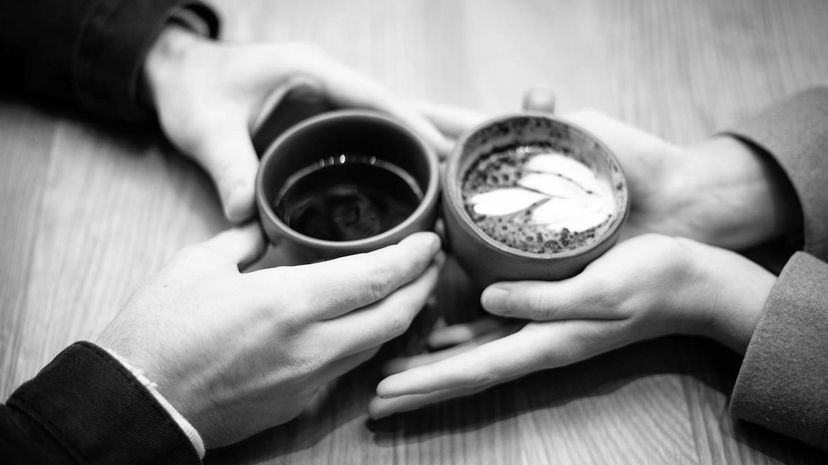
Over the years, there have been many terms for a terrible experience on a date. In 1954, that term was a fake out. If someone asked you how your date went, and you said it was a fake out, they knew that you were still on the market.
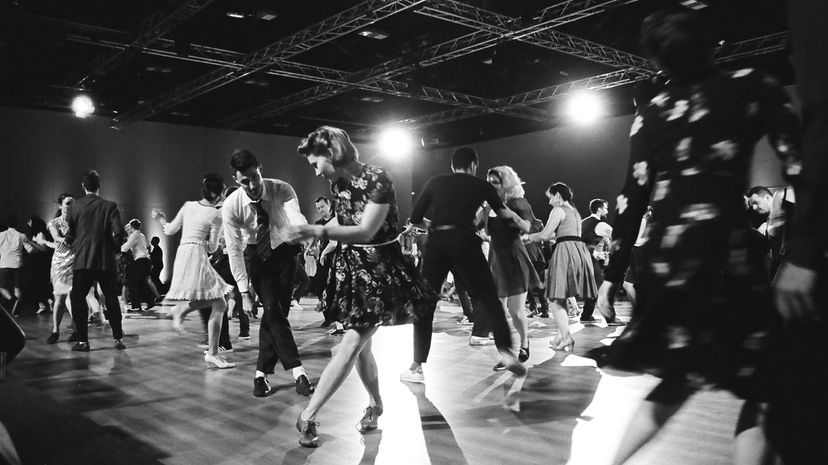
While this phrase might seem like innuendo, anything that was associated with dancing in the 1950s did as well. For the most part, this was used by men who saw wallflowers needing a dance.